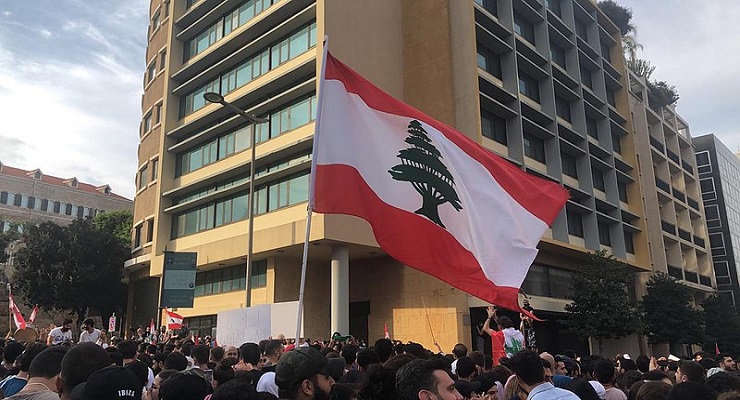
A really interesting post in Democracy Digest looks at the resurgence of democracy protests. Using key examples, it highlights what protesters are doing to avoid conflict. According to the post:
Ten or even 20 years ago, the protests unfolding in Lebanon would have led news bulletins around the world—what is more compelling than large portions of the population of this small, schismatic, but strategic state united in optimism, standing together peacefully to overthrow decades of a dead-handed, morally bankrupt, sectarian kleptocracy? Fadlo R. Khuri, President of the American University of Beirut, writes for the Atlantic.
United in their calls to end corruption and kleptocracy, demonstrators are fueling a new era of unrest that has defied violent crackdowns and politicians’ appeals to stay home, Dion Nissenbaum writes for the Wall Street Journal. They are using lessons from the Arab Spring, maintaining a focus on reforms and trying to avoid the pitfalls that turned hopeful uprisings in Syria, Libya and Yemen into civil wars.
Iraq’s protesters object to the distortion of election results caused by the prevalence of backroom deals and the weakness of anti-corruption measures, notes Kirk H. Sowell, a political risk analyst and the publisher of the biweekly newsletter Inside Iraqi Politics. The same small group of factions controls every province, but they split the governorships. Even more, when a governor faces scandal or protests, he is replaced by another member of the kleptocracy, he writes for Carnegie’s Sada bulletin.
Read this perspective here.
David Anderson says
careful what you wish for in Beirut. Civil government will ONLY ever work for everybody in Lebanon in the event of total secularism. Too many of the protesters are of the “sectarianism is terrible, especially when my sect isn’t on top right now” variety. The W. media (and Al Jaz) try to portray it as a rejection of the old crony capitalism in Leb, but…….
Its dreadful. I was in Beirut in 2008, still wrecked from Israel’s latest visitation, but the state itself is not an ongoing viable country with its current religious adherence.